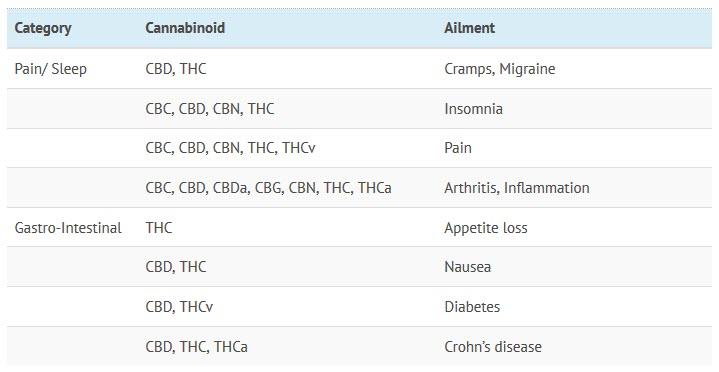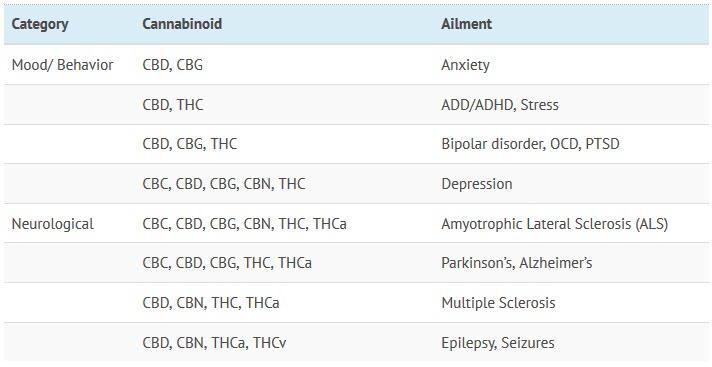 Submitted by Visual Capitalist: There’s nothing quite like cannabis in the plant kingdom. Beneath its humble surface, over 750 unique compounds exist within – all of which have helped propel the cannabis industry into the multi-billion dollar market it is today.
Submitted by Visual Capitalist: There’s nothing quite like cannabis in the plant kingdom. Beneath its humble surface, over 750 unique compounds exist within – all of which have helped propel the cannabis industry into the multi-billion dollar market it is today. Today’s infographic from The Green Organic Dutchman takes a deep dive into the cannabis components which contribute to its therapeutic potential, how it interacts with the human body, and the ways it can be consumed.
The Chemical Effects of Cannabis
While many people would be familiar with THC and CBD as the two major cannabinoids, there are a few lesser-known cannabinoids which also play important roles: Cannabichromene (CBC), Cannabigerol (CBG), Cannabinol (CBN), Tetrahydrocannbivarin (THCv), and Tetrahydrocannabinolic acid (THCa).
In different combinations, they work together with terpenes – aromatic oils that are present in most plants – to provide relief for a variety of ailments.


When cannabinoids and terpenes interact, the human endocannabinoid system is already equipped to deal with the entourage effects that are created.
Modern-Day Medical Cannabis
It’s clear that many cultures embraced cannabis long before scientific research came into play. Its therapeutic properties were widely recorded and extolled around the world.
After decades of restricted access and stigma, the tide is turning back towards what our ancestors discovered long ago. Millions of patients rely on medical cannabis today, with Canada and Israel paving the way in cannabis research.
- Canada
Medical cannabis has been legal nationwide since 2001, aiding scientists in studying its effects.
Funding: CAD$1.4 million (US$1.05 million) invested by the government towards research projects. - Israel
Since the 1990s, medical cannabis has been legal for patients of cancer, chronic pain, and PTSD.
Funding: 8 million shekels (US$2.16 million) annual government funding to support innovation.
- Ingesting
The dosage of cannabis consumed is easy to control using edibles or beverages, tinctures or sprays, and capsules. - Inhalation
The effects of cannabis are quickly felt through smoking, vaporizing, and/or dabbing concentrates. - Application
Transdermal patches and topicals like balms offer localized relief through a controlled dose.
Source

No comments:
Post a Comment